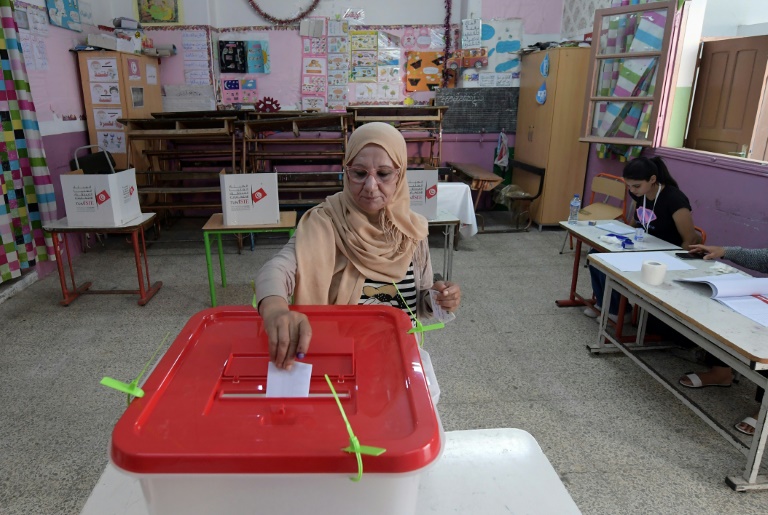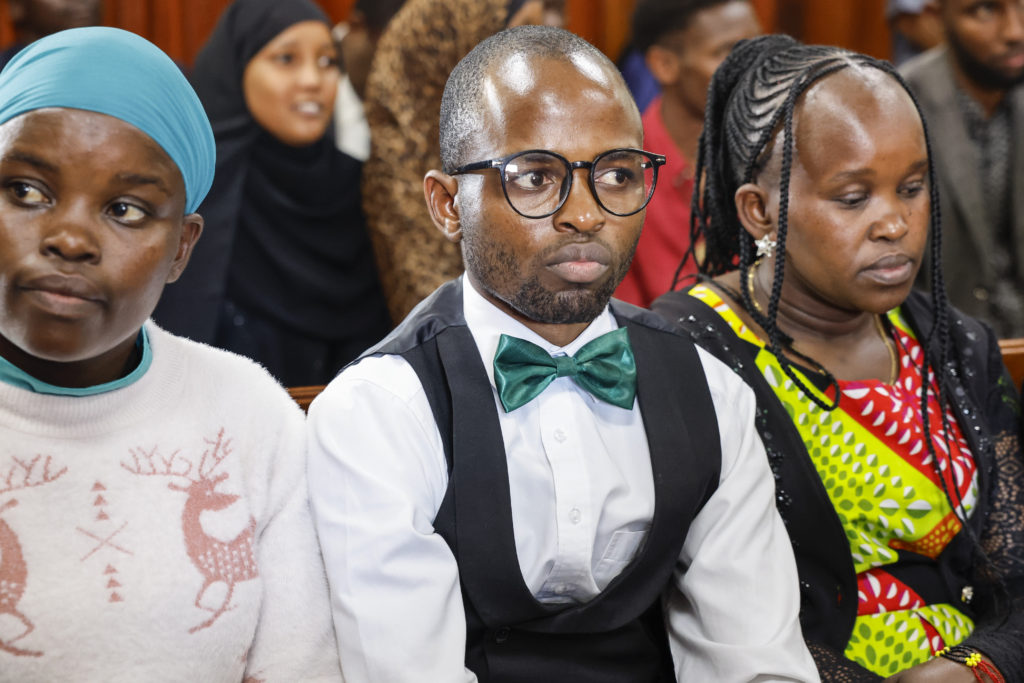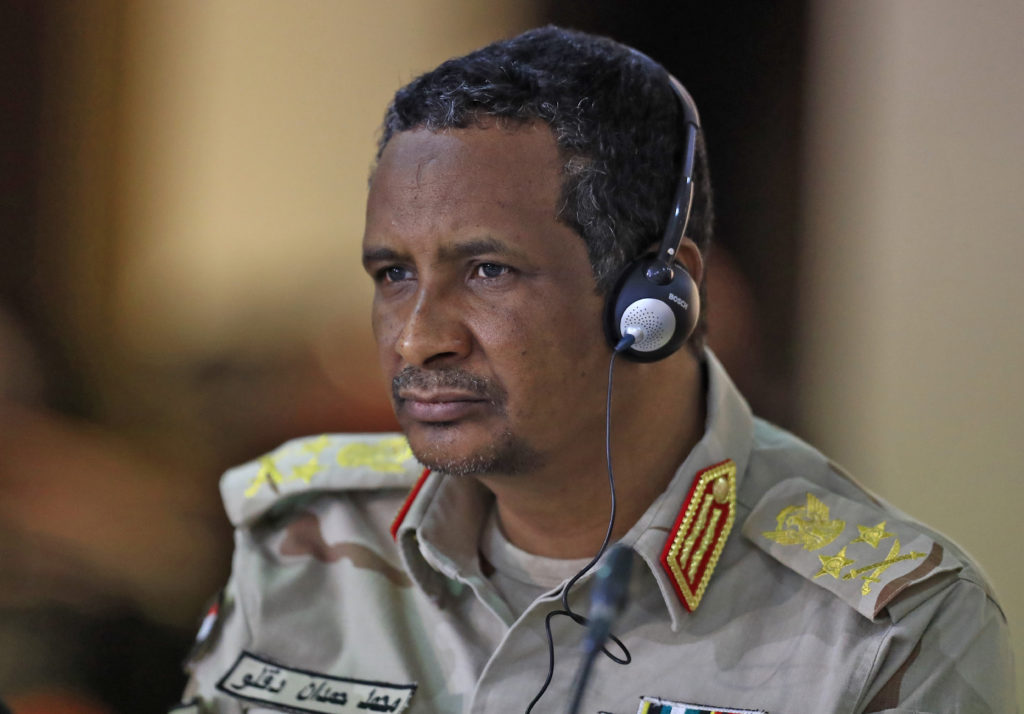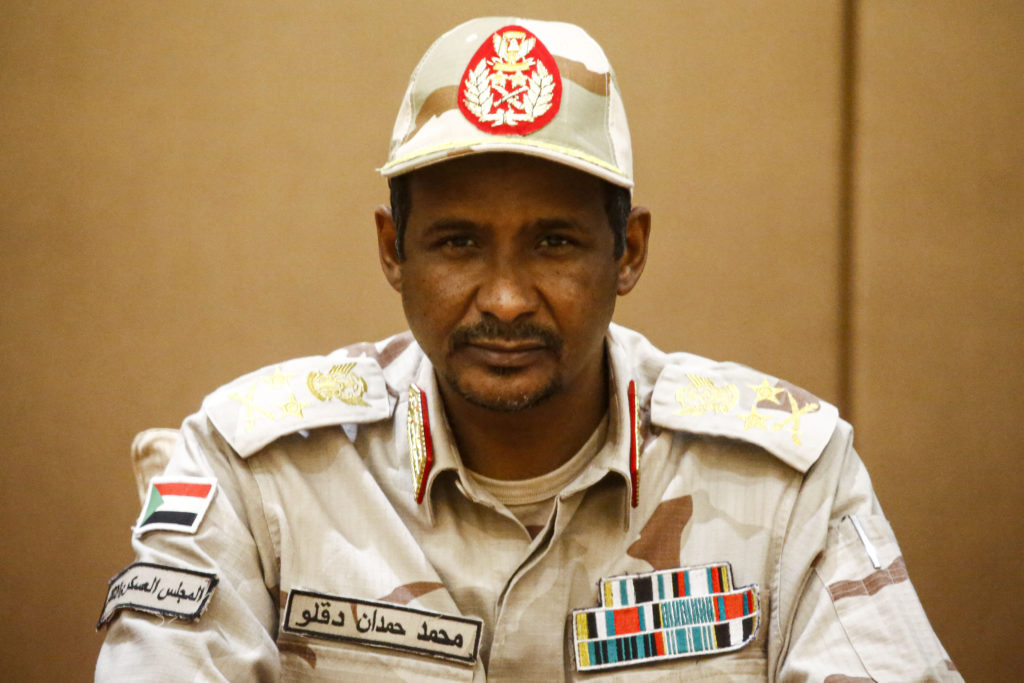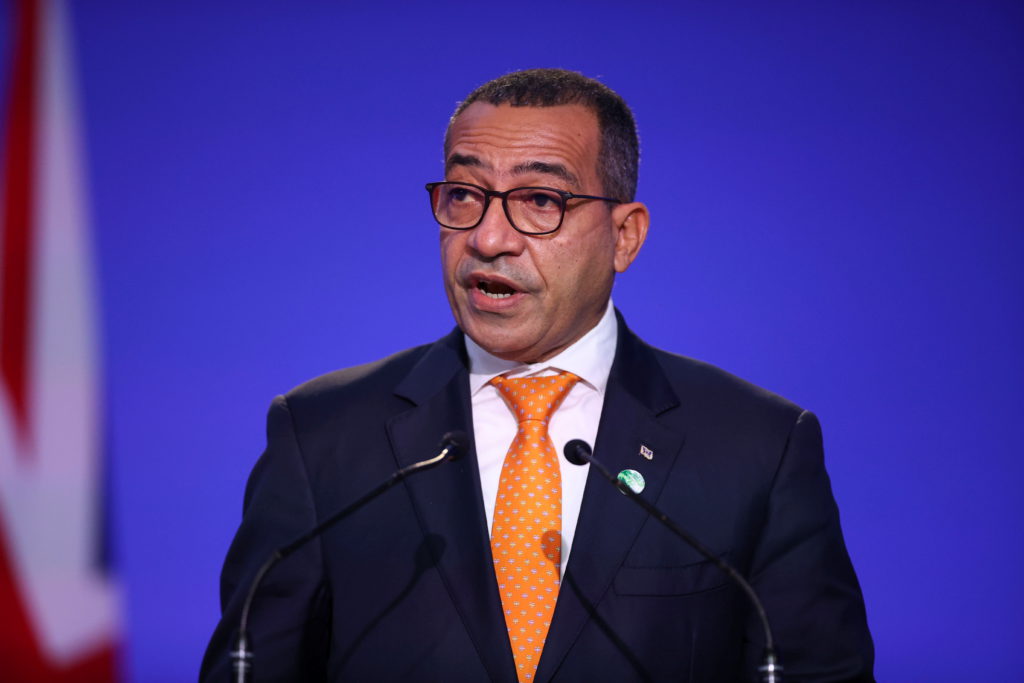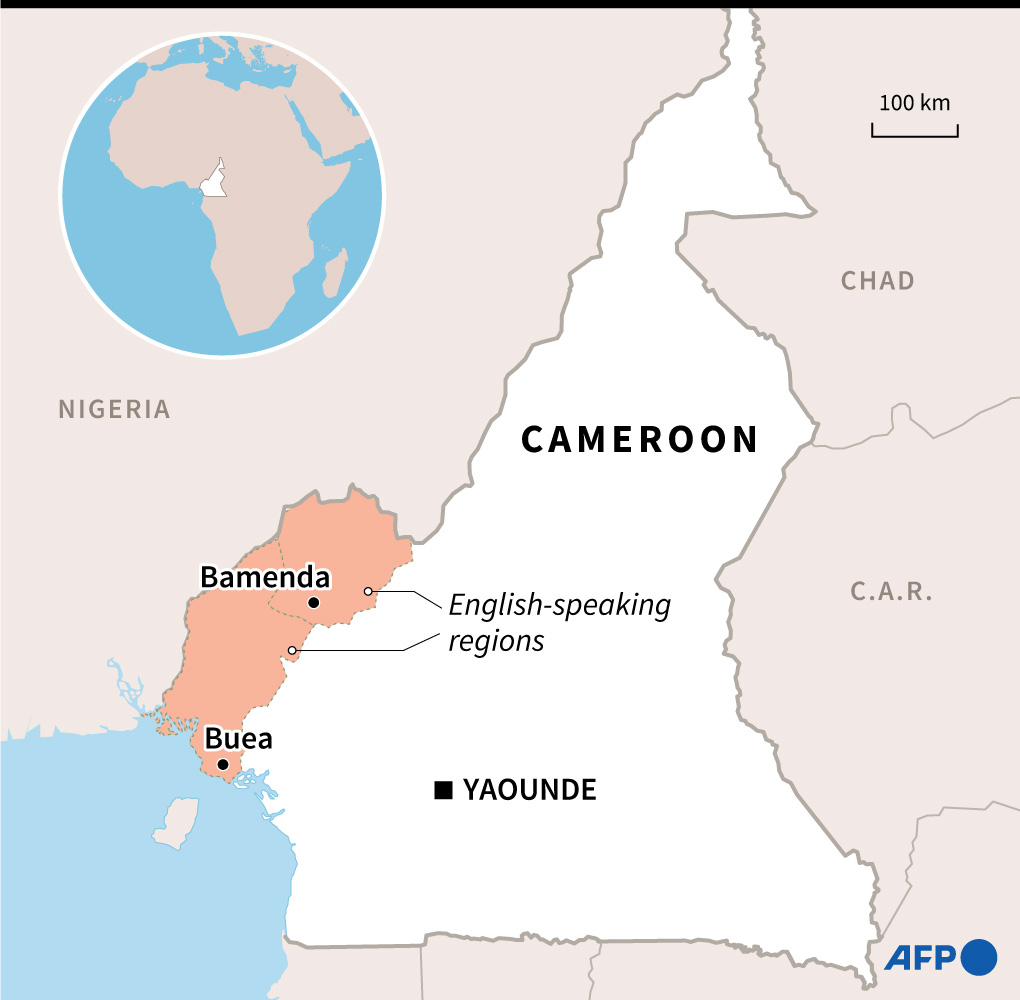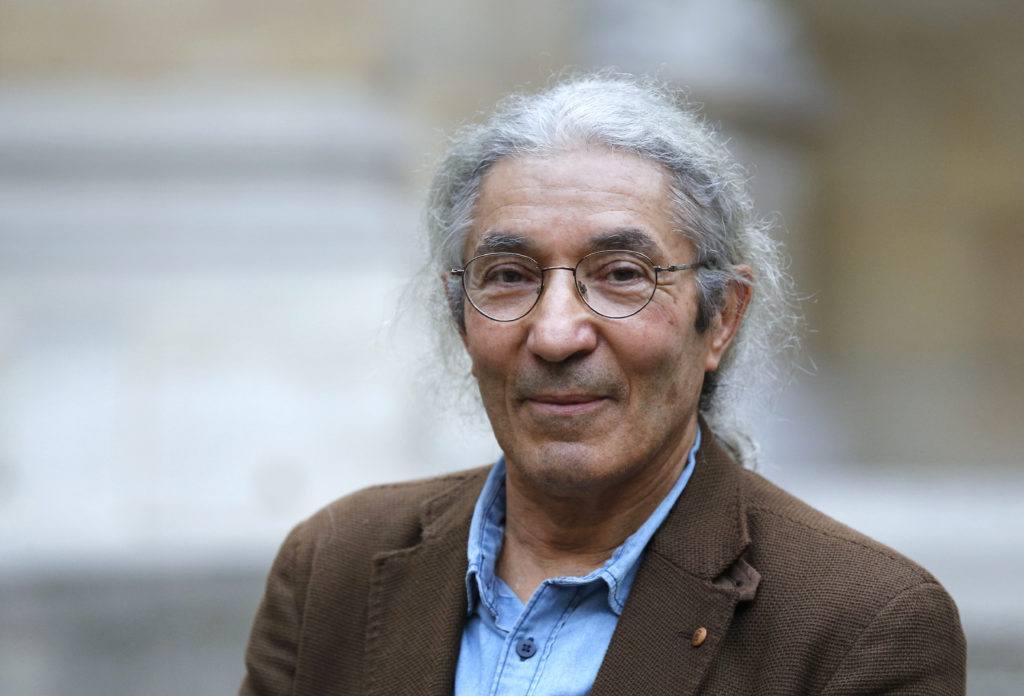Tunisians voted Monday on a constitution seen as a key test for President Kais Saied, who promoted the charter that would give his office nearly unchecked powers in a break with the country’s democracy.
The referendum comes a year to the day after Saied sacked the government and froze parliament in a power grab that his rivals condemned as a coup against the only democracy to have emerged from the 2011 Arab Spring uprisings.
His moves were however welcomed by many Tunisians tired of a grinding economic crisis and a system they felt had brought little improvement to their lives in the decade since the overthrow of dictator Zine El Abidine Ben Ali.
Monday’s vote is widely expected to pass, but turnout will be seen as a test of Saied’s popularity after a year of increasingly tight one-man rule that has seen scant progress on tackling the North African country’s economic woes.
Speaking after voting got underway, Saied told journalists Tunisians faced a “historic choice”.
“Together we are founding a new republic based on genuine freedom, justice and national dignity,” he said.
He also accused unnamed rivals of distributing money to persuade people not to vote, without giving evidence.
“We will not let Tunisia fall prey to those who are stalking it, from inside and out,” he said.
In the capital, six people waited to vote at a school turned into a polling station, the entrance guarded by two soldiers with assault rifles, alongside a posse of police.
“For me, the referendum is about protecting the country’s future,” said Tarik al-Jmaiei, 42, after casting his ballot.
– All eyes on turnout –
Some 9.3 million out of Tunisia’s 12 million people are eligible to take part, including around 356,000 who began voting overseas on Saturday.
“The biggest unknown in this referendum is the turnout and whether it will be low or very low,” said analyst Youssef Cherif.
No minimum participation has been set for the constitution to pass, nor any provision made for a “no” result.
Saied’s critics have warned Tunisia risks sliding back towards dictatorship.
Opposition parties and civil society groups have called for a boycott, while the powerful UGTT trade union has declined to take a position.
Saied’s charter would replace a 2014 constitution that was a hard-won compromise between Islamist-leaning and secular forces after three years of political turmoil.
His supporters blame the hybrid parliamentary-presidential system it introduced, and the dominant Islamist-influenced Ennahdha party, for years of political crises and corruption.
Saied’s draft for the constitution was published this month with little reference even to an earlier draft produced by a committee he appointed himself.
Sadeq Belaid, a mentor of Saied who led the process, warned the president’s draft was far removed from that of the committee and risked creating a “dictatorial system”.
A slightly amended version did little to address such concerns.
The new text would place the head of state in command of the army, give him full executive control and allow him to appoint a government without parliamentary approval.
The president could also present draft laws to parliament, which would be obliged to give them priority.
– Revolutionary ‘correction’ –
The draft has been heavily promoted in state media, and billboards bearing the Tunisian flag have appeared exhorting people to vote “yes”.
“People don’t know what they’re voting on, or why,” Cherif said.
Saied, a 64-year-old law professor, won a landslide victory in 2019 presidential elections, building on his image as incorruptible and distanced from the political elite.
He has appeared increasingly isolated in recent months, limiting his public comments to official videos from his office — often diatribes against domestic foes he brands as “snakes”, “germs” and “traitors”.
He has vowed to protect Tunisians’ liberties and describes his political project as a “correction” and a return to the path of the revolution.
“Lots of young people, the marginalised and excluded, are on his side,” said political analyst Hamadi Redissi.
That popularity will continue to be tested in the coming months as Tunisians face soaring inflation, youth unemployment of 40 percent and a looming deal with the International Monetary Fund that observers have warned could lead to more economic pain.
Voting is set end at 10:00 pm (2100 GMT) and results are expected late Tuesday or early Wednesday.

